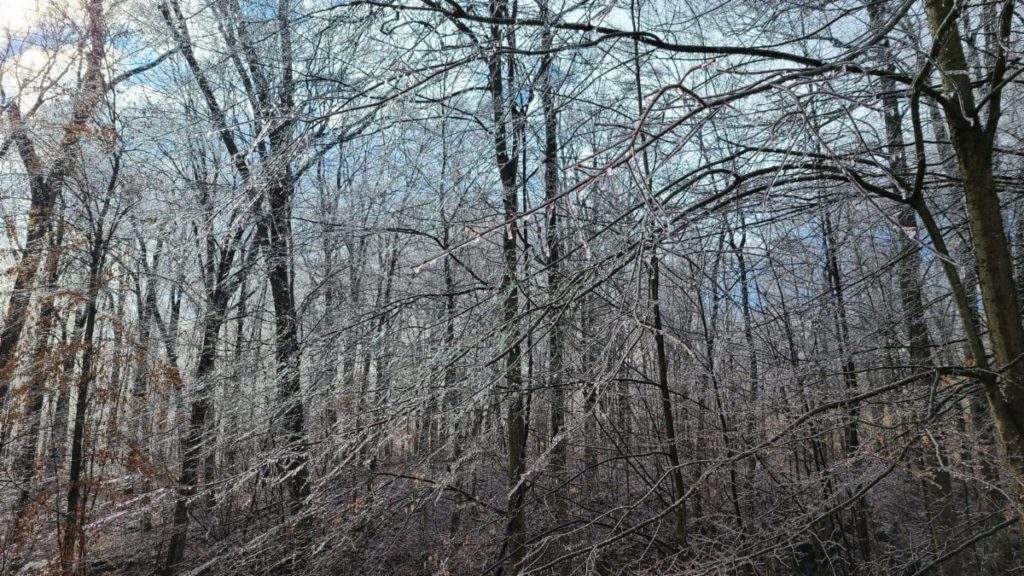“Then the angel showed me the river of the water of life, bright as crystal, flowing from the throne of God and of the Lamb through the middle of the street of the city. On either side of the river is the tree of life with its twelve kinds of fruit, producing its fruit each month; and the leaves of the tree are for the healing of the nations” (Revelation 22:1-2).
In Revelation 22, we read about the Tree of Life, and the leaves that it produces. The leaves are for the healing of the nations, and this week I am praying for peace and healing in Ukraine.
In the 2022: Year of Vision Bible Study, Calla Gilson begins her Tree of Life lesson with a Story from the time she spent in Palestine serving as a Young Adult in Global Mission.
Salameh Bishara, a Lutheran Palestinian, grew up under the strong branches of his family’s olive trees near Bethlehem, where nine strong trees have been rooted for 2,000 years. Olive trees, he says, are the holiest of the holy, the mother of all trees. Olive wood is resilient and strong, its branches bearing the silvery green leaves that refuse to fade under the sun, and diligently protect in the chill of winter. Olive trees never drop their leaves. Every fall as a child Salameh joined his family for the olive harvest, adding his voice to the chorus of olive tree songs, chanting traditional Palestinian folk music, and learning a deep care for creation while balancing on the ladders and bent over the burlap tarp collecting olives. Every year, the harvest fills the oil jars of the family. Providing flavor and nutrients to every meal on the table, being lathered on skin and hair to soothe and heal, the tree provides the salve of life in this community.
Salameh’s trees are rooted in Palestinian land that is now under Israeli occupation. Though this valley where the olive grove is located is nestled far into the West Bank behind the 1949 Green Line, it has since been claimed by Israel as property of Jerusalem. Part of Salameh’s family land was confiscated by Israeli soldiers without negotiation or compensation. More land has since been cleared by the occupation to make way for a road through the valley that Salameh and his family will never be able to drive on.
For five seasons, the nine olive trees despaired this disruption of the land, the chaos of construction and increasing difficulty and legality around access. For five seasons, the Bisharas found that the trees themselves protested the invasion of land, withholding olives. Five seasons without the joy of harvest, five seasons without oil.
Yet the olive trees stand firm as more land is cleared, ever closer to the nine olive trees, this time for a wall. A wall that Israel builds for security — but rather than being built on Israeli land, the wall is built deep into Palestinian land. It separates Palestinians from each other, from their land and their trees. Priests come and pray with the Christians among the uprooted trees as bulldozers stand nearby. Twenty-eight feet high, the cement wall towers over the nine large olive trees today.
They continue to bring forth good things, even in the daunting shade of the separation wall that casts much uncertainty over their future. And in that shadow families still celebrate the trees. They give thanks for generational dedication to the land and for trees with roots as deep as their own that continue to bring forth blessings from the rockiest ground. “These trees have survived 2,000 years” says Salameh, inshallah [God willing] “they will survive 2,000 more”.
Calla then encourages us to ponder, what extraordinary things have you experienced God do in your life? And in the life of your community?
Please check out the 2022: Year of Vision Bible Study based on the Book of Revelation. It would make a great Lenten or post-Easter study.
